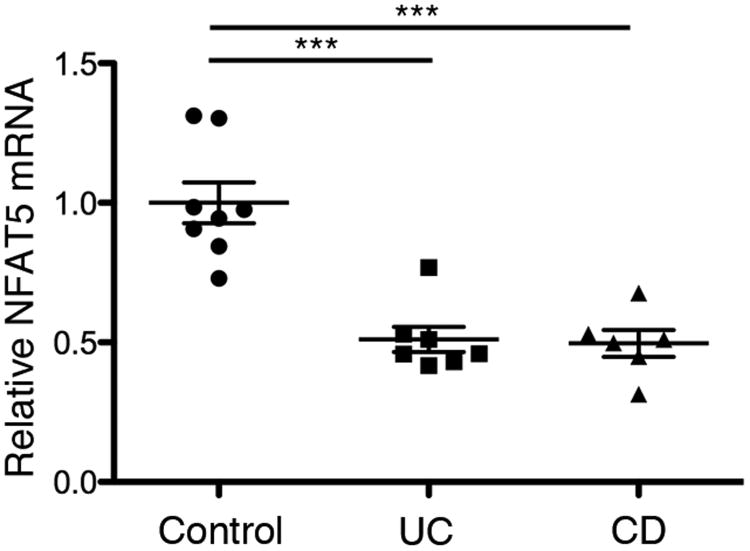The effects of diurnal intermittent fasting on proinflammatory cytokine levels while controlling for sleep/wake pattern, meal composition and energy expenditure
"During DIF, there was a significant decrease in the levels of cytokines, particularly, IL-1β and IL-6, in most measurements compared to non-fasting BL. This reduction was more obvious during the FOR period. There were no significant changes in the circadian phase of the measured cytokines reflected by the acrophase of the measured variables during fasting (FOR and Ramadan) compared to non-fasting BL"
Peter Attia has been sharing lots of info on the immunological benefits of intermittent fasting, specifically for COVID-19 as it appears to lower blood levels of cytokines. I am curious if others have researched into this as well. I still very much am a believer in IF so long as calorie intake is sufficient.
"During DIF, there was a significant decrease in the levels of cytokines, particularly, IL-1β and IL-6, in most measurements compared to non-fasting BL. This reduction was more obvious during the FOR period. There were no significant changes in the circadian phase of the measured cytokines reflected by the acrophase of the measured variables during fasting (FOR and Ramadan) compared to non-fasting BL"
Peter Attia has been sharing lots of info on the immunological benefits of intermittent fasting, specifically for COVID-19 as it appears to lower blood levels of cytokines. I am curious if others have researched into this as well. I still very much am a believer in IF so long as calorie intake is sufficient.

